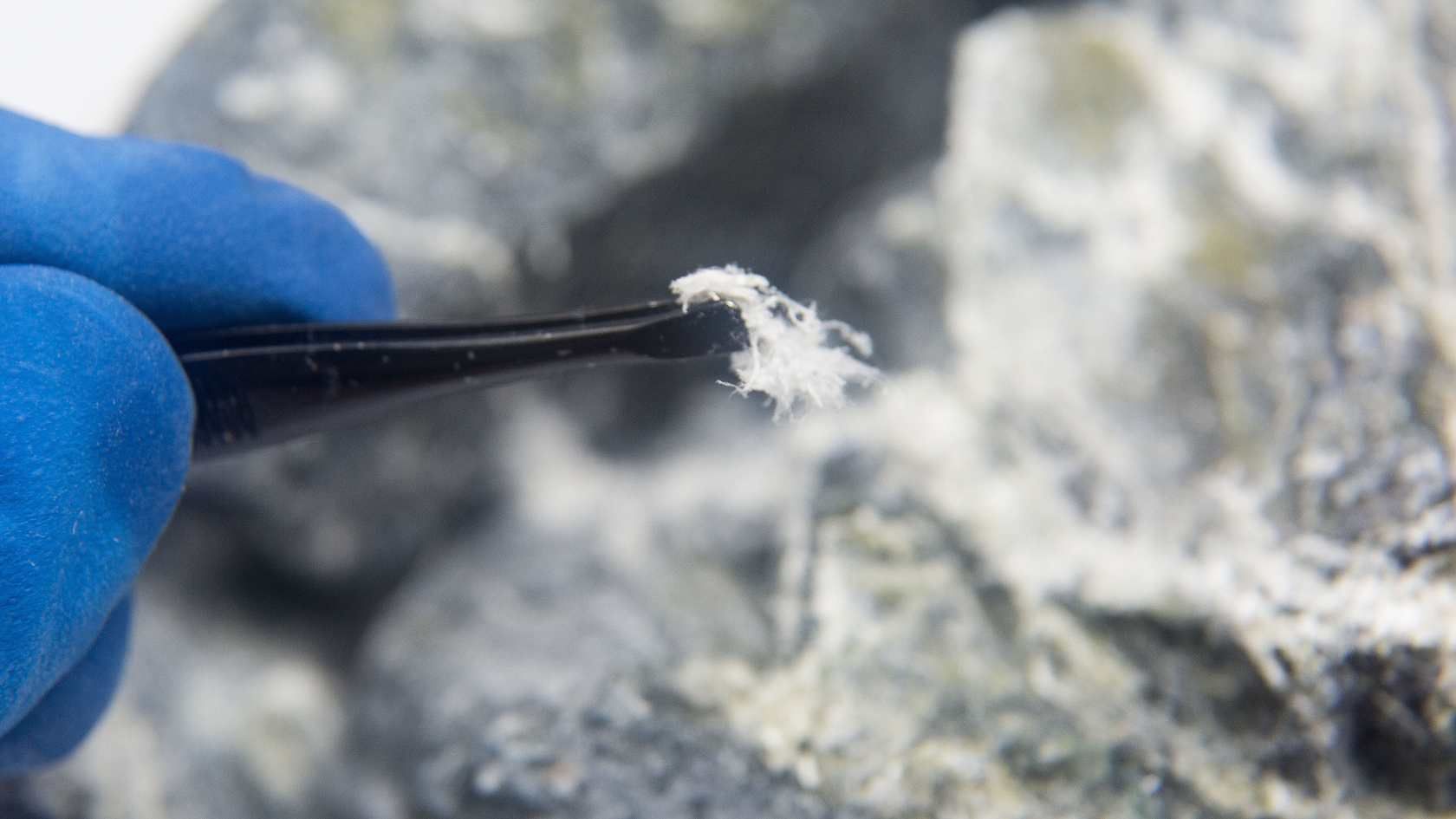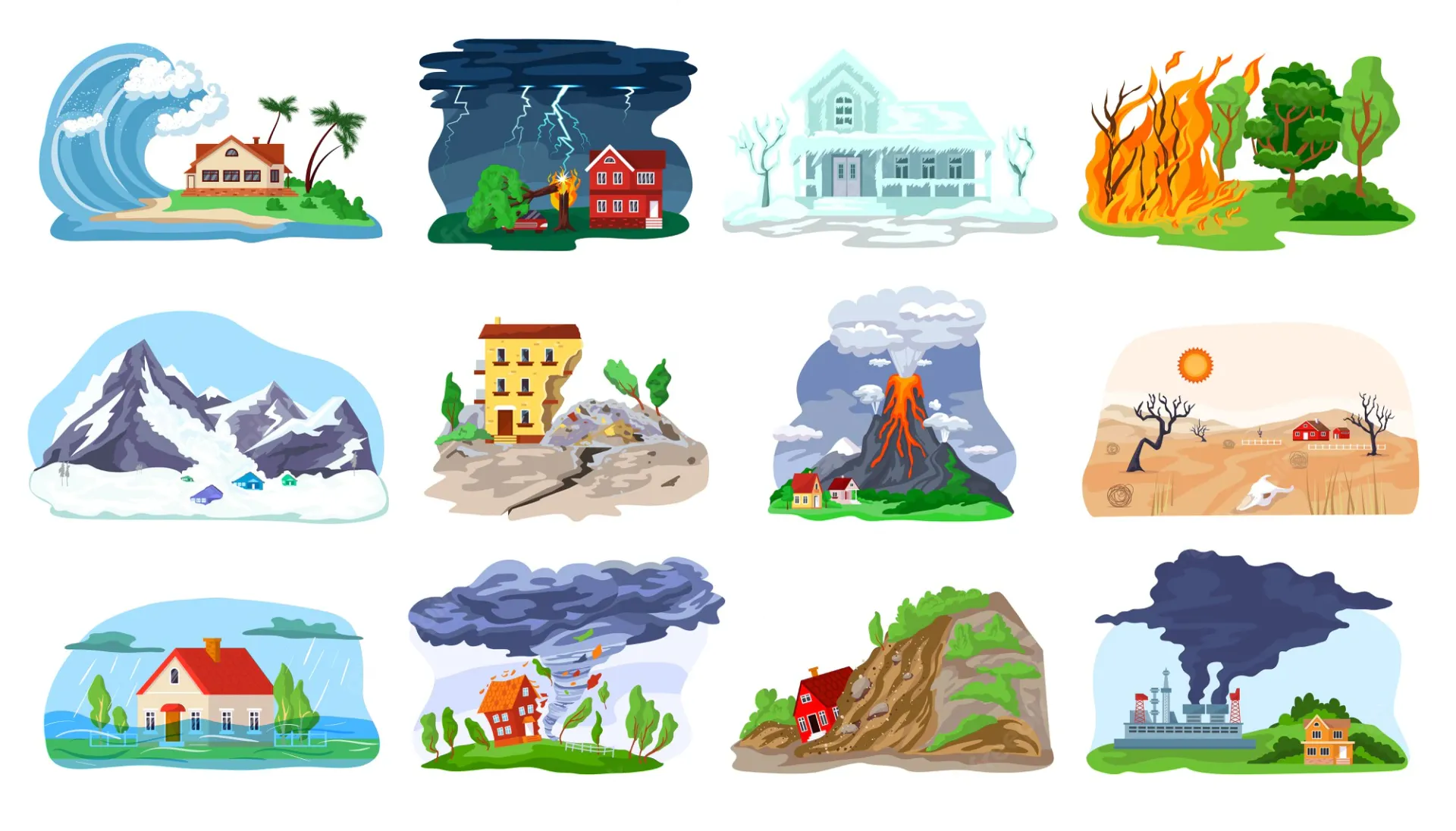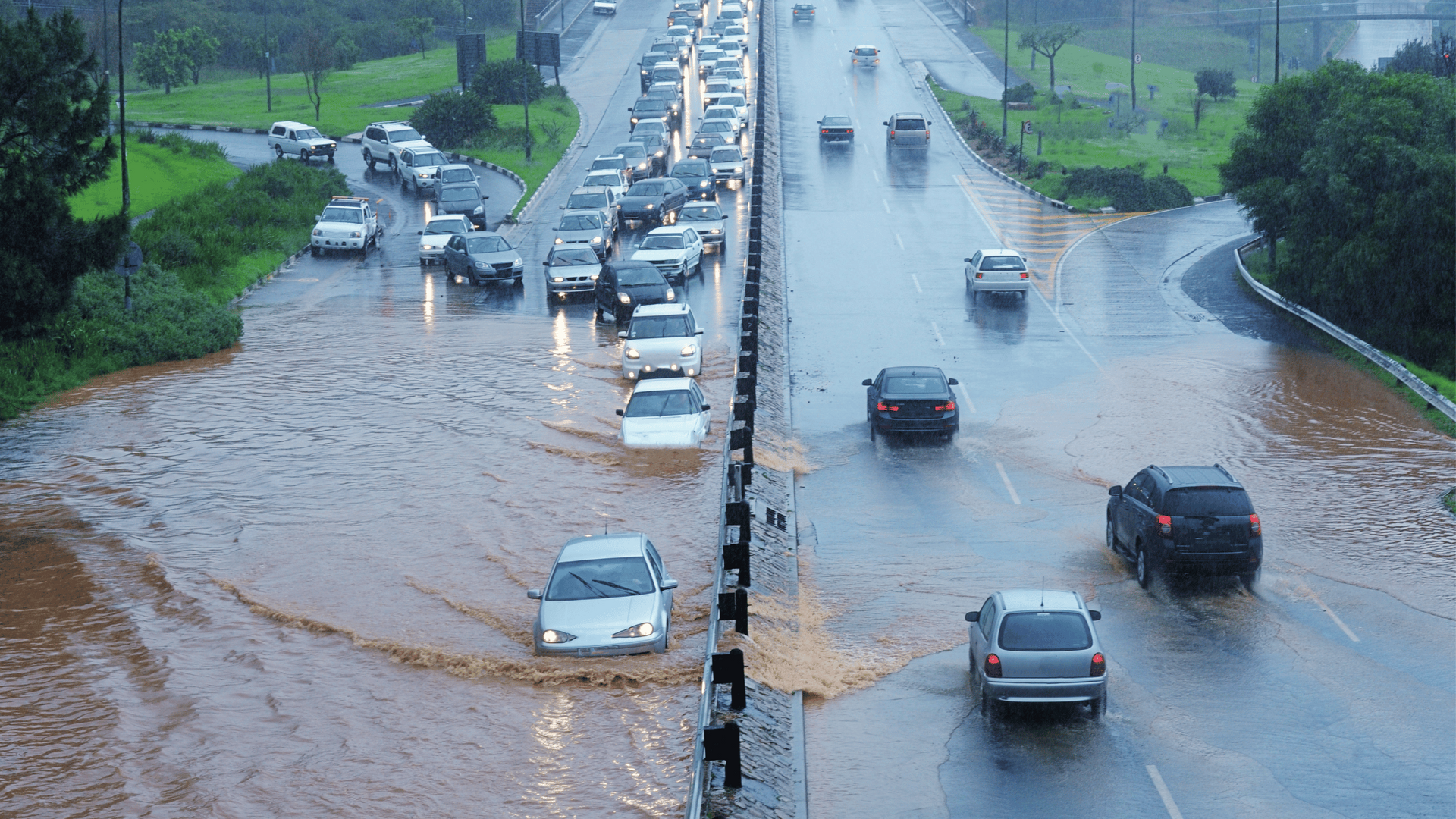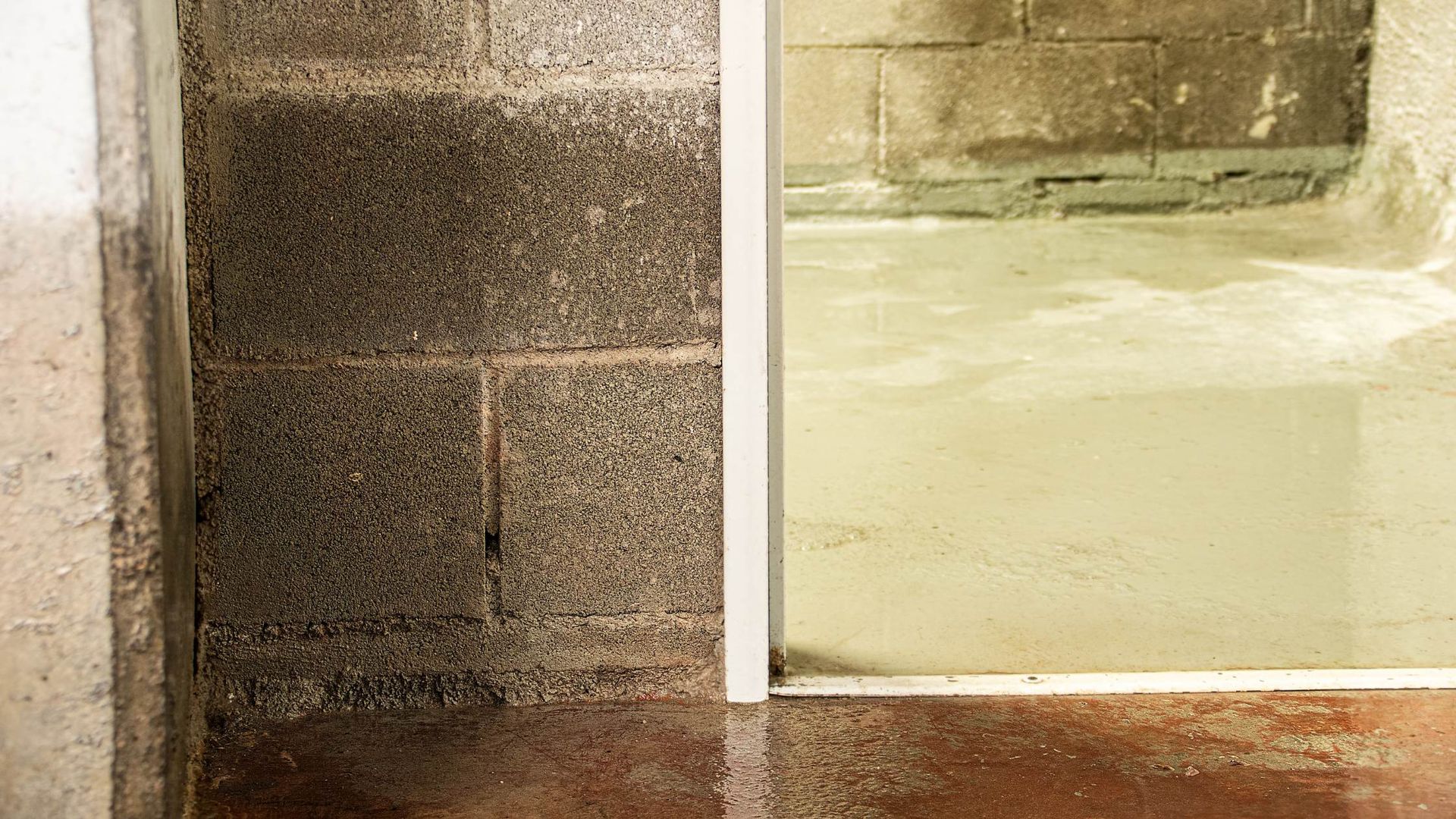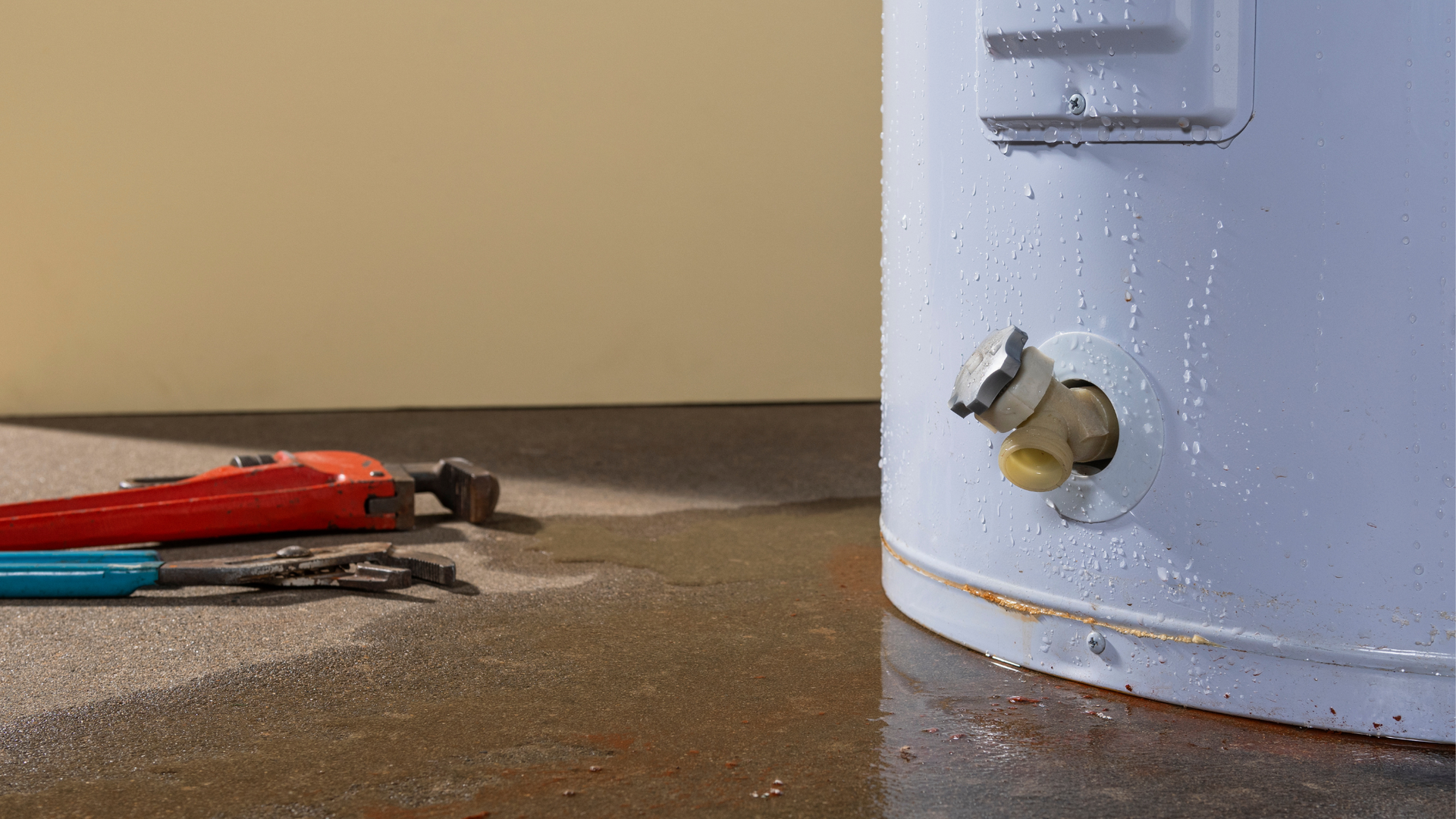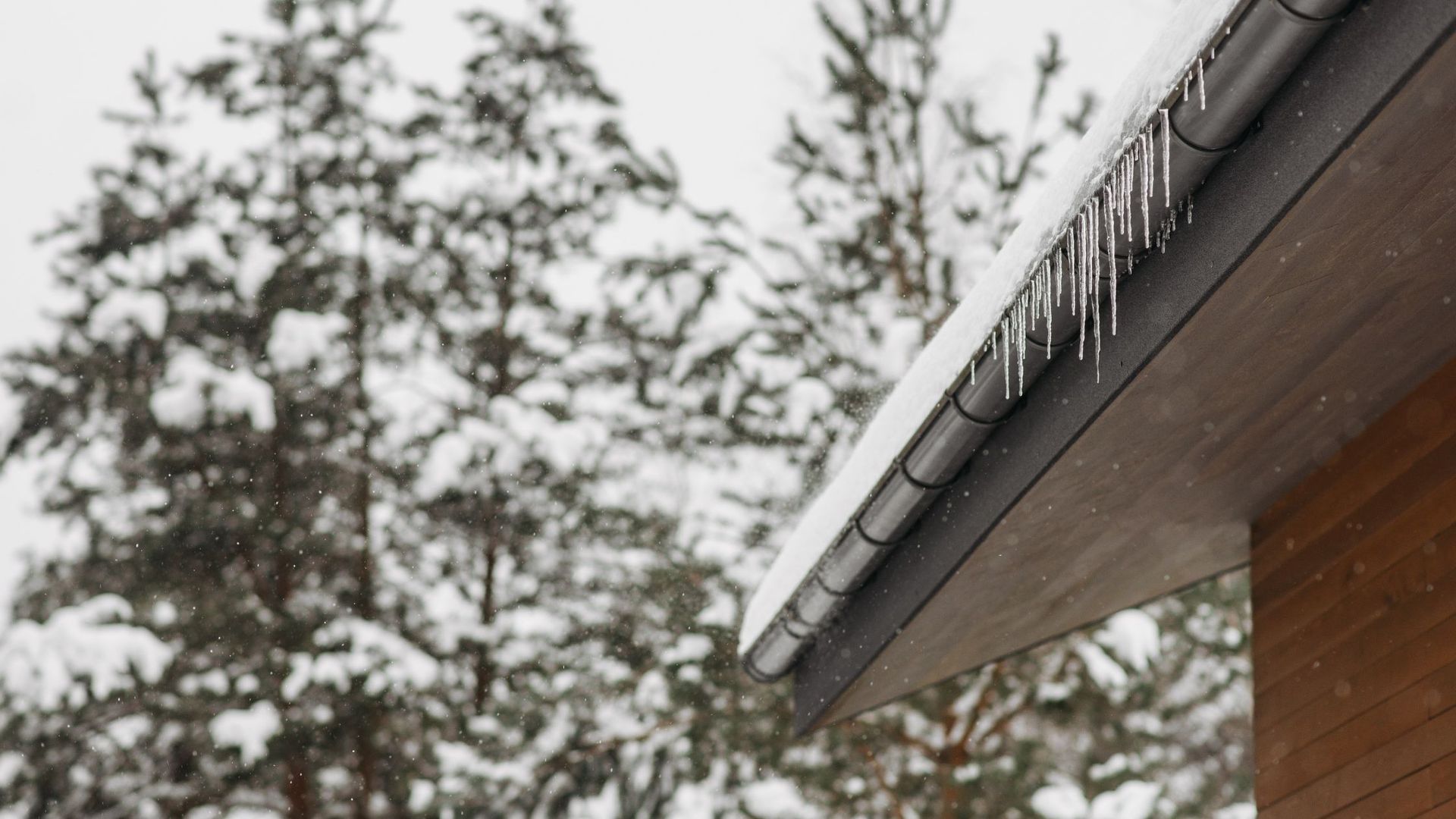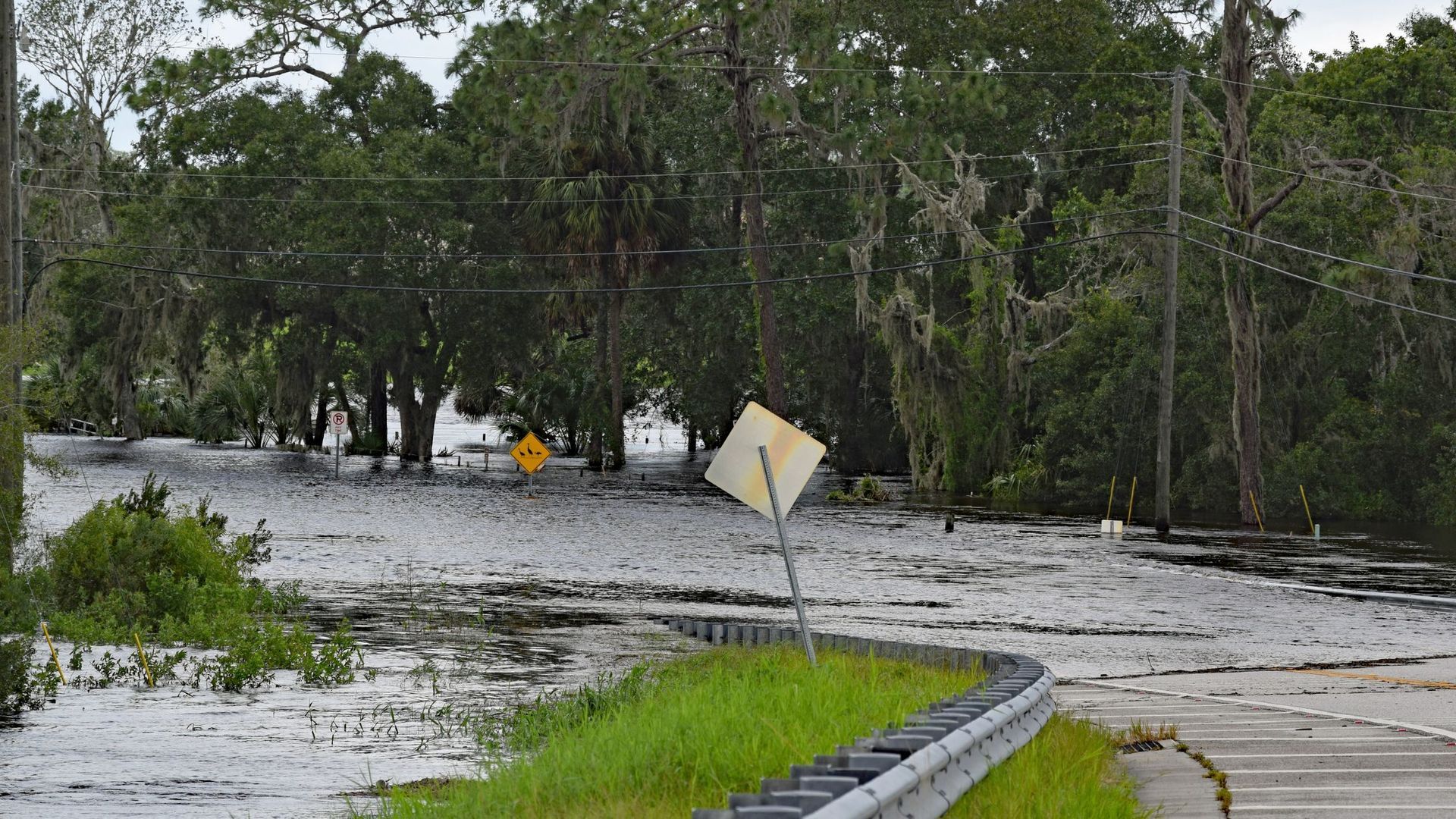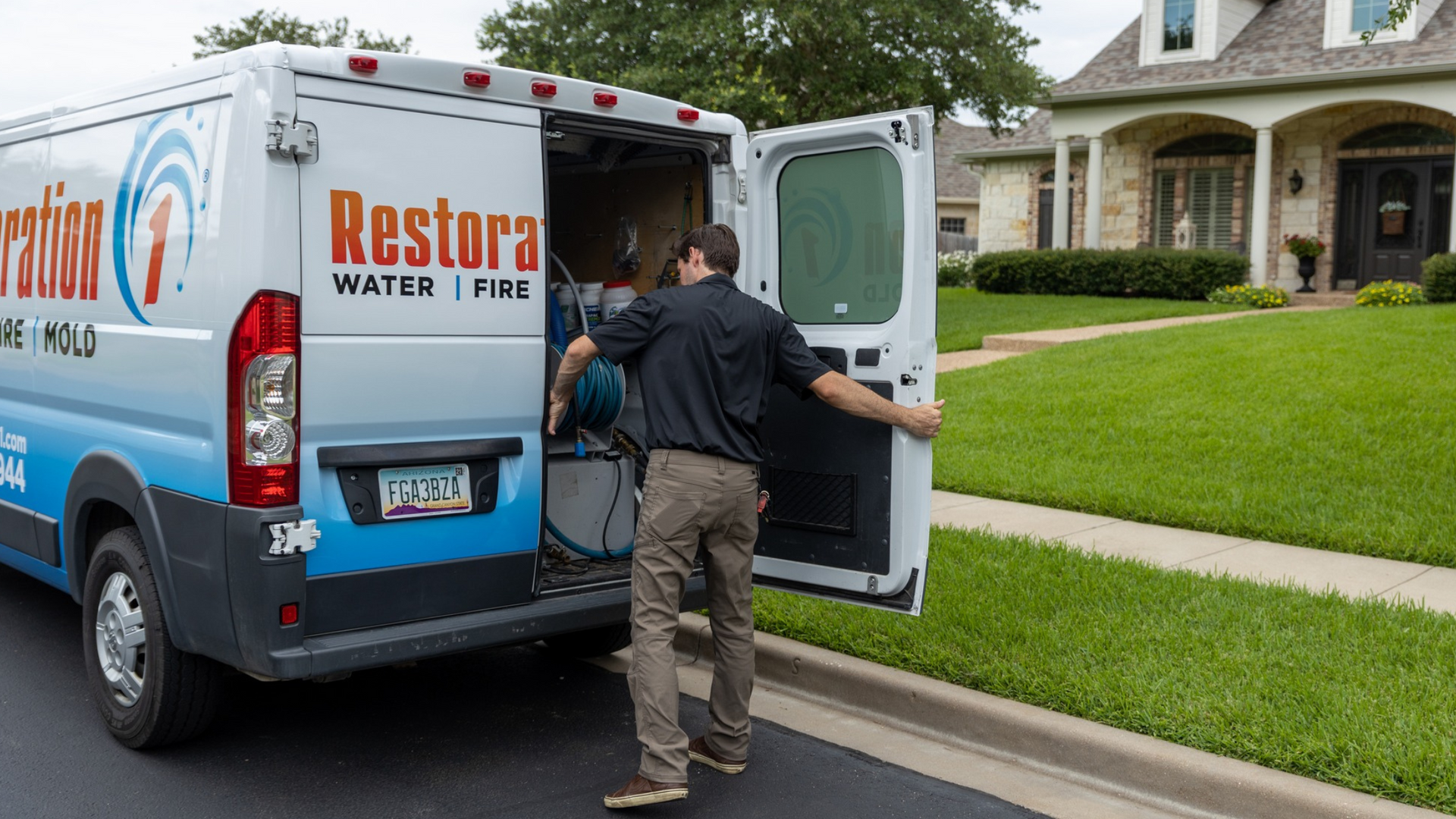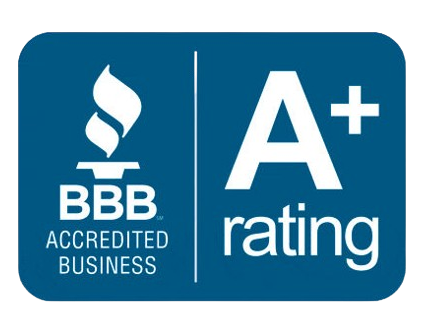Hot Water Heater Maintenance Can Prevent Home Water Damage
Hot Water Heater Maintenance
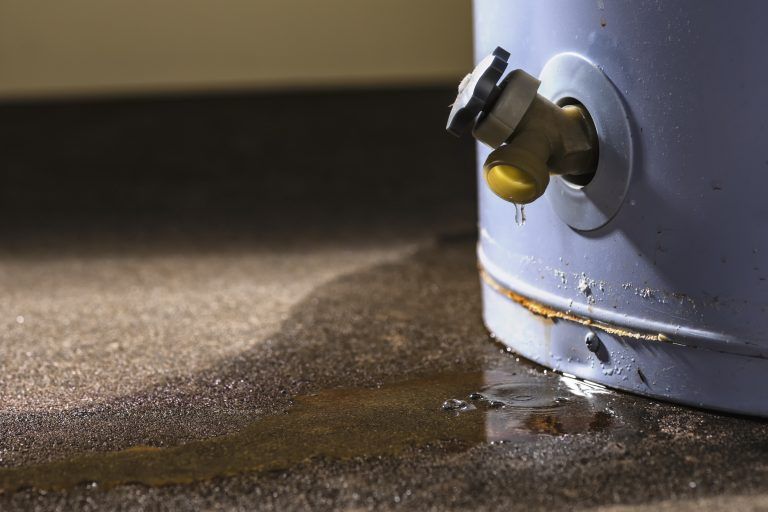
Hot water heaters are one of the hidden wonders in the modern home. Year after year, your need for warm water in the bathroom or kitchen is met –almost instantly. Until it isn’t. And more times than not, that day is a wet, messy, expensive disappointment.
Replacing a hot water heater will cost you about $900- $3000. However, the average cost to repair home damage from a catastrophic failure is also $3000! So paying attention to the needs and conditions of your unit will save you money and aggravation.
Hot water heaters have a limited life. The expected usefulness of a water heater is about 8 to 12 years, depending on the location and design of the unit, quality of installation, maintenance schedule and local water quality.
Several simple actions can increase a water heater’s operating efficiency and longevity. Adding insulation needs to only be done once. However, flushing the tank and checking the anode rod should be done annually. Therefore, the benefits of caring for your water heater are clear. A little attention and care will not only extend life but might also prevent an indoor flood of dirty water.
Take Action Now And For The Future
So, what is it you can do to prevent such devastating water damage? The first and best action to take is to inspect and monitor your water heater frequently. Periodically check for moisture surrounding the plumbing connections or for pooling around the tank. If you notice any water, soggy drywall or mold, call your local flood and mold specialists like Restoration 1 to perform a moisture inspection before the damage gets worse.
If you are renovating your house, relocate the water heater to the garage where the potential for damage is lessened. Place the tank up on a metal stand designed specifically for water heaters. If your water heater is older than 10 years, consider purchasing a new one or upgrading to a tankless system to preemptively avoid an older unit failing.
Avoid Potential Leak Damage
Like any appliance, wear and tear degrade the connections or even the tank itself. Most commonly, connections where the cold-water supply line comes in or where the hot-water line goes out will begin to leak. When left, unnoticed, slow leaks cause widespread damage when moisture saturates drywall and wicks outward from the source, creating a perfect environment for mold to cultivate.
Corrosion within the water tank leads to fractures and cracks. Imagine how devastating 40 to 50 gallons of rusty water in the middle of your home would be. One average-sized water heater tank can literally flood an entire home with one to two inches of water.
Have The Tank Flushed Often
As the water is heated, minerals separate and settle at the bottom of the water storage tank. Over time, these mineral deposits build up in the tank and create a barrier between the burner and the water. The more the sediment builds up, the harder your tank’s heating element has to work. You should flush the tank more often than you think. With one or two people in a home, inspect the water heater every six months and drain it every 12 months. Three to five people require an inspection every four months and drain at eight months.
Insulate The pipes
Hot water heater blankets keep the heated water from wasting heat. Buy some self-sticking 3/8-inch-thick foam pipe insulation that matches the pipes’ diameter. Slide the foam over the hot- and cold water pipes as far as you can reach. This also prevents losing heat to a cold room or outdoor closet. Plus, insulating the cold-water pipe prevents condensation in summer.
Adding insulation can also reduce up to 45 percent of heat loss. This could mean almost 10% of water-heating costs. By the way, tankless hot water heaters are generally energy efficient enough and don’t need an insulation blanket at all.
Your Restoration Experts
Along with offering water damage restoration services, the team at Restoration 1 also provides emergency services, storm damage services, sewage system cleanup and more. Restoration 1 not only cares about “restoring your home”, they realize you need to restore your life.
A broken hot water heater, as well as a burst pipe or slow leak, can easily cause extensive water damage to your property. Either way, you’ll require professional water damage restoration to handle the damage.
